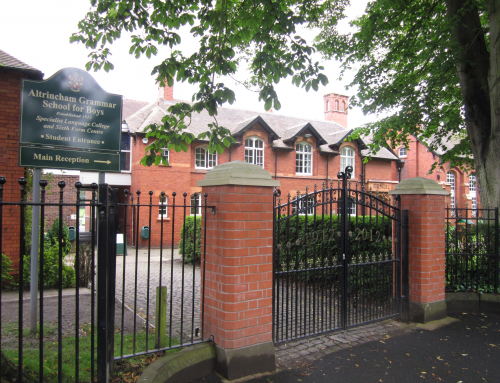Research by Schools Week shows that grammar schools were the main beneficiaries of a government fund to cover admissions appeals.
In 2024–25, over £880,000 was handed out to schools to support them with the costs of hearing appeals. Grammar schools make up just 0.7% of England’s 22,000 schools, yet they claimed a staggering 36% of this pot. Eight grammars each received more than £10,000, with Langley Grammar School in Slough pocketing £15,300.
The government has now ended this funding for academies, which means grammar schools will no longer be able to claim these sums. Unsurprisingly, selective schools stand to lose the most.
As our chair, Dr Nuala Burgess, put it:
“It’s a ridiculous irony that grammar schools, whose very mission is to reject the majority of children, make money out of families who appeal against their decision-making. It is a further irony that so many families want their children to go to any school that would prefer not to have them. My heart goes out to all the children caught up in this feeding frenzy for grammar school places.
It is hardly surprising that grammar schools dominate appeal numbers. Conducting admissions by means of a highly controversial test is intrinsically unfair. When a child narrowly ‘fails’, who can blame families for wanting to challenge the result? The margins of fail/pass are so arbitrary and inconsistent.
To add insult to injury, many grammars admit children from well outside their area, leaving parents fighting to secure places at a local school. You don’t have to be an A* student to work out that selective admissions create the very conditions to generate a high volume of appeals. Comprehensive schools are less likely to generate such high numbers for the simple reason that their admissions are essentially fairer.
When admissions are fairer and simpler, there are fewer appeals. Complex admissions create bureaucracy and disputes. As it is, I’m not sorry to see that grammar schools will no longer benefit from this extra pot of money. It’s extraordinary that they benefited from this little windfall, when so many schools are desperately short of the necessary money to provide for SEND children, as an important example.”
The numbers make the picture clear: selective admissions drive complexity, unfairness, and dispute. Comprehensive schools — with open, transparent admissions — rarely generate such high volumes of appeals.
For years, grammar schools have not only rejected the majority of children but also benefitted financially from families desperate enough to challenge the system. With this funding pot finally closed, at least one small injustice has been removed.





